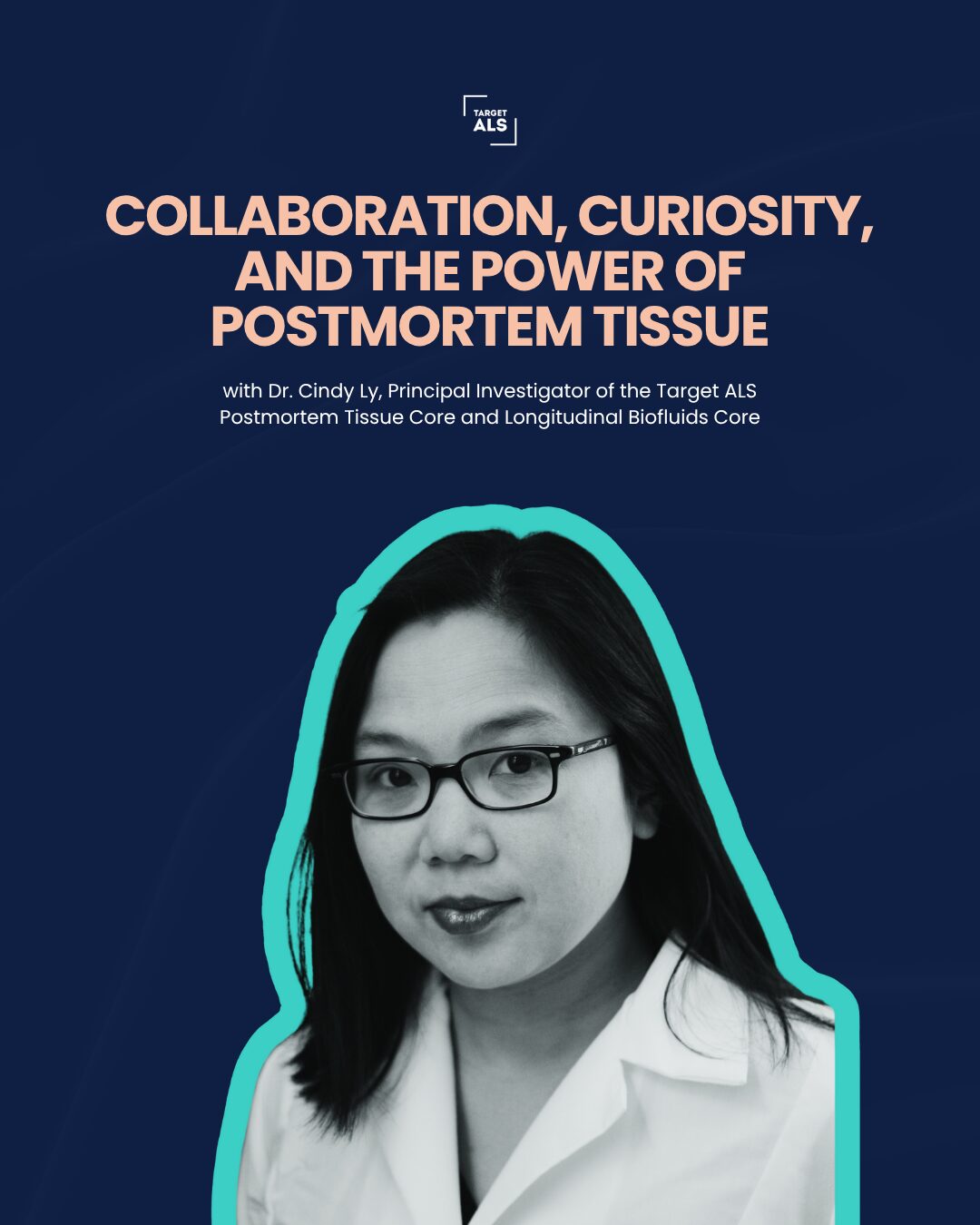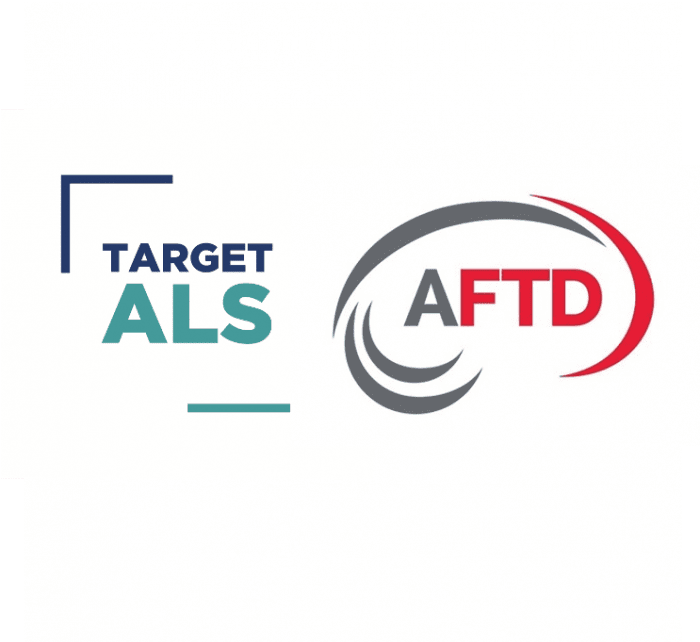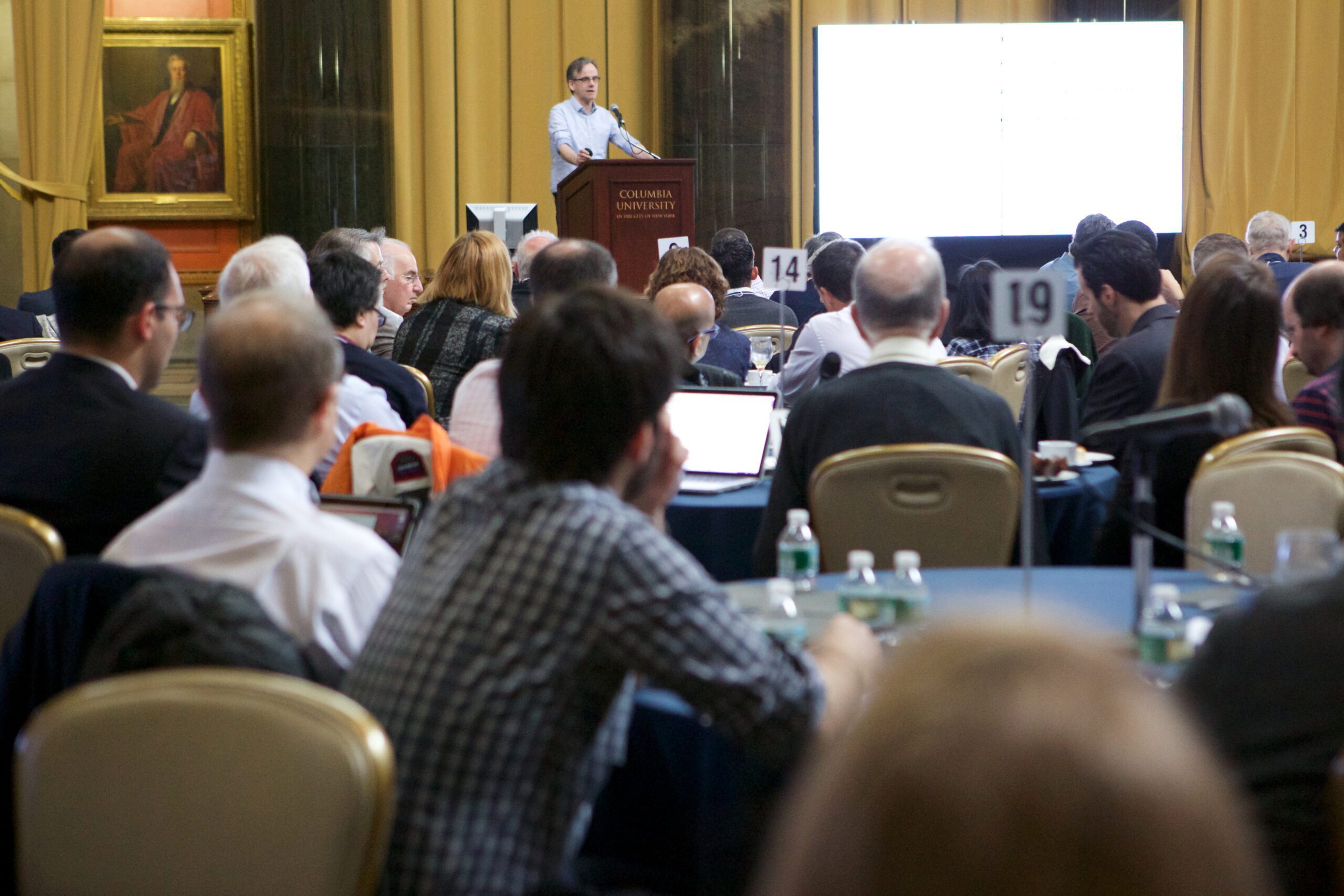ALS is a devastating neurodegenerative disease that remains poorly understood, particularly in diverse populations. Target ALS is working to change that through its Global Natural History Study, an ambitious international initiative that spans 14 sites across multiple regions, including underserved communities. This study aims to fill critical gaps in ALS research by prioritizing diversity and ensuring that the data collected is reflective of the global ALS population.
One of the newest sites to join this important endeavor is South Korea, led by Dr. Seok-Jin Choi, an ALS clinician and translational researcher at Seoul National University Hospital. Dr. Choi’s path into ALS research is deeply personal—his father was diagnosed with ALS, prompting him to pivot from electrical engineering to neuroscience. Now, his research focuses on immunopathogenesis and metabolism in ALS.
Why South Korea’s Participation Matters
Dr. Choi highlights the genetic differences between Korean ALS patients and those from Western populations. While ALS onset age in Korea tends to be slightly younger, a notable distinction is that C9orf72 repeat expansions, a major genetic cause of ALS in Western populations, are extremely rare in Korea. This suggests that Korean patients may have alternative genetic mutations or pathways contributing to the disease.
Additionally, he explains a striking finding: Korean ALS patients may require fewer genetic or environmental “hits” to develop the disease compared to Western patients. The widely accepted “multi-step hypothesis” suggests that ALS onset requires six steps in Western populations, while in Korea, it appears to require only four to five. This indicates that Korean patients may be more vulnerable to ALS, making it essential to study their unique genetic and environmental risk factors.
By contributing to the Target ALS Global Natural History Study, South Korea brings a critical and underrepresented perspective to ALS research. Understanding the genetic and phenotypic variations in ALS across populations can lead to more targeted treatments that work for everyone, not just the populations historically overrepresented in research.
The Current ALS Landscape in South Korea
ALS research in South Korea will mean the potential to fill significant gaps. Dr. Choi emphasizes the urgent need for better biomarkers, particularly fluid biomarkers (blood, CSF, urine) that are easier to access and interpret. He also underscores the importance of developing advanced imaging techniques, such as PET tracers for TDP-43, which could revolutionize ALS diagnostics.
In terms of treatment and care, South Korea differs significantly from Western countries. Approximately one-third of Korean ALS patients undergo tracheostomy in the later stages of the disease, a much higher rate than in Western populations. This cultural and medical difference underscores the importance of region-specific ALS care models. Dr. Choi’s work includes discussions on end-of-life care options, including ventilator and gastrostomy use, ensuring patients receive the best possible support throughout their ALS journey.
The Future of ALS Research in South Korea
For Dr. Choi, the ultimate goal is clear: stopping the disease and stabilizing ALS progression. He hopes that South Korea’s participation in this study will unlock new genetic insights, contribute to biomarker discovery, and ultimately lead to earlier diagnosis and better treatment options.
One of his key aspirations is to expand clinical trial access for ALS patients in South Korea and across Asia. Unlike Western countries, many Asian nations do not have access to experimental ALS treatments until they receive FDA or EMA approval, leaving patients with limited options. Dr. Choi hopes that increased participation in global studies like this one will help bring early-phase clinical trials to Korea and other Asian countries.
A Global Effort for a Global Disease
ALS does not discriminate based on ethnicity and geography, and neither should research. The Target ALS Global Natural History Study is a vital step toward ensuring that future ALS treatments are effective for patients worldwide. South Korea’s involvement, led by dedicated researchers like Dr. Seok-Jin Choi, will provide valuable genetic and clinical data, helping to paint a more complete picture of ALS as a truly global disease.
Through this collaboration, the scientific community moves one step closer to Dr. Choi’s ultimate hope: a future where ALS is no longer a fatal disease, but a manageable condition with effective treatments for all.
Learn more about the Target ALS Global Natural History Study.





